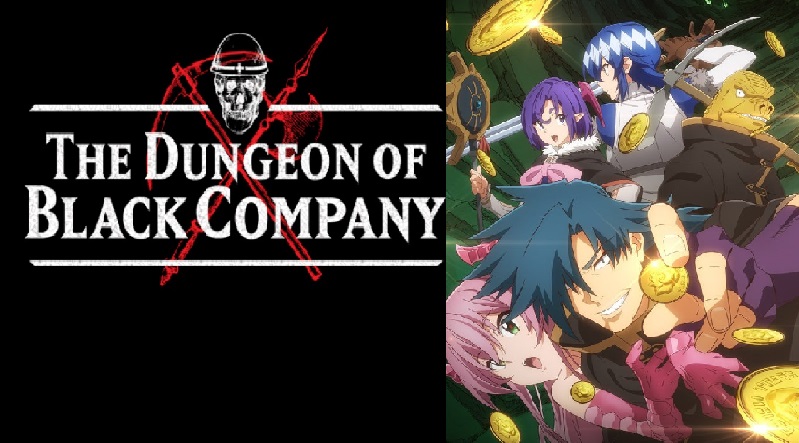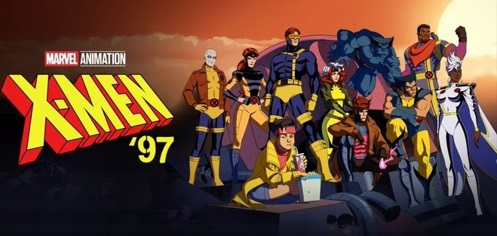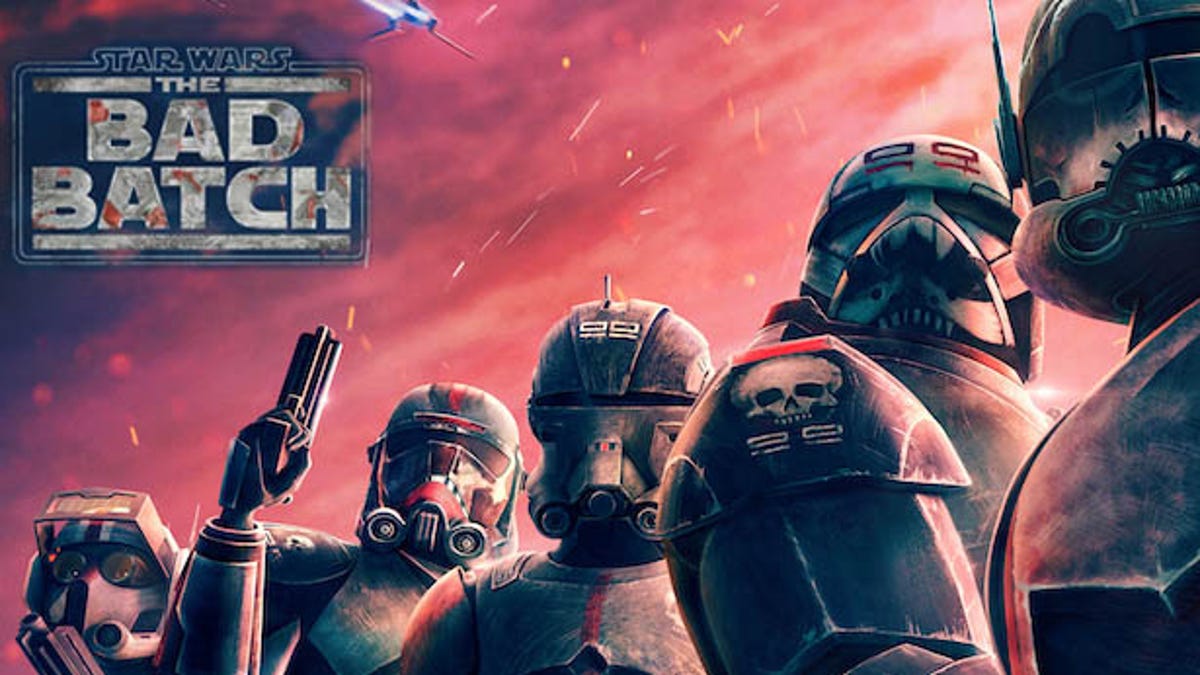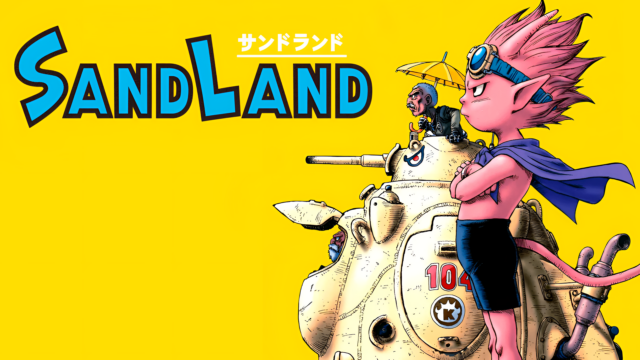English Dub Season Review:The Dungeon of Black Company Season One
Based on the ongoing manga series by Yōhei Yasumura. The anime follows the story of a Young slacker by the name of Kinji Ninomiya. After working tirelessly toward his goal of a self-sustainable Slacker lifestyle, he’s finally achieved his dreams. Now looking down on common folk commuting during a typhoon from the penthouse of one of his apartment buildings, Kinji gets ready to start his new, consequence-free life. However, all of his hard work goes to waste when a portal appears beneath him from out of nowhere. Teleported to another world, Kinji is forced to work for a mining company that focuses solely on profits and has no care whatsoever for the safety and well-being of its employees. Refusing to live in such conditions, he begins devising plans to get rich quickly, building connections with others in this new world, and making his best efforts to escape the stringent corporate life. Will Kinji be able to overcome his restraints and attain financial freedom once more?
The animation is done by a team called “Silver Link” and its setting present an urbanized Isekai with demons and beastfolk in combination with humans. Any character besides the Protagonist is quite decent. The series was directed by Mirai Minato, with scripts overseen by Deko Akao, and characters designed by Yuki Sawairi. With Taku Inoue is composing the music, while the opening theme song “Shimi” (Stain) is performed by Howl Be Quiet, and the end-credits theme song “World is Mine” is performed by Humbreaders.
The premise of the show at its core, also attempts to be a satire about all the worst aspects of Japanese corporate culture, hellish working conditions, and chiefs/bosses who casually abuse their subordinates in this world of industrial expansion where human rights don’t even exist, And the chances to get any sort of promotion from enslavement are rather slim, and this is where our protagonist Kinji shows off his cunning and skills in the process.
Kinji as a protagonist is clearly the singular main character of the story, and while that’s not necessarily a bad thing in itself, the anime occasionally relies on him so much to the point that other characters feel like tools who are simply created for the story to progress. He’s a bit of a double-edged sword due to how he’s differentiated from other Isekai characters. What makes Kinji such an uneasy scoundrel to root for, is his severe contrast with the multitude of other Isekai protagonists out there. The producers are asking a lot from its audience for us to side with such a selfish, cynical, and manipulative douche, yet he’s also unexpectedly clever and thoughtful. However, the most compelling aspect of him is his unwillingness to give in to his unjust and shitty circumstances which I think is why people tend to side with him so easily.
Despite these glaring issues, though, the characters mostly don’t fail to be entertaining. Wanibe is a likable lizard person despite his naive personality, Shia is an encouraging woman with her resolute nature, and I do enjoy the energy she brings to the already entertaining cast. Of course, there’s also Rimu as well, whose insatiable hunger and childish behavior has its share of comedic moments and sometimes steals the show and is generally very entertaining if we discount her apparent clothing issues. I mean, surely it wouldn’t hurt anyone if they redesigned her or at least gave her proper clothes? And finally, Ragna is the closest thing in this show to a trans character while trying to have it both ways. The writers clearly want to sexualize her for the sake of a cheap joke, yet at the same time, attempt to give her more depth and a hinted tragic past as motivations behind siding with Kinji. However, even when someone else gains the spotlight, they don’t always leave a lasting impression, since it doesn’t take much longer before they are reduced to a static background character again for Kinji to be back in the spotlight.
Overall, this show is a bit of a mixed bag for me. It was entertaining in places, yet its satire sends a bit of a mixed message. As previously stated in my past review of episode one, “What is this show trying to tell its audience? That being a successful self-made investor isn’t considered actual work and is something the writers want to demonize?” At the very least it has some compelling and comedic moments and the ending leaves things open for another season assuming that becomes an actual thing…


























I'm hired!